Series of six ‘Advances In’ sessions explore hematologic malignancies
A special track of sessions during the American Association for Cancer Research Annual Meeting 2024 will review recent progress in the understanding and treatment of blood cancers such as leukemia, lymphoma, and multiple myeloma.
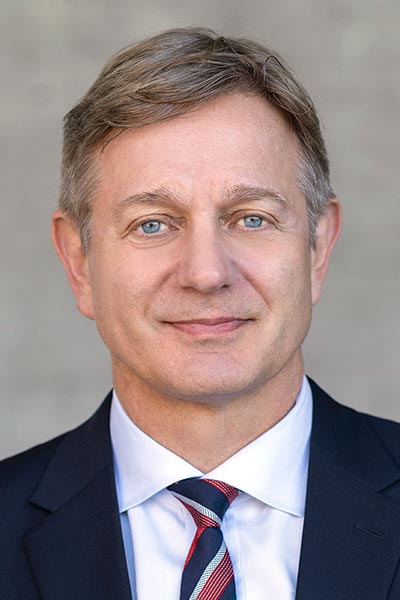
Marcel R.M. van den Brink, MD, PhD, City of Hope Cancer Center, a member of the Annual Meeting Program Committee and co-chair of the Annual Meeting Education Committee, helped organize the new Advances in Hematologic Malignancies sessions at the AACR Annual Meeting 2024.
As a globally recognized leader in the basic and translational science of bone marrow transplantation (BMT), the microbiome, and cancer immunotherapy, van den Brink recognizes the value in highlighting this area of research.
“One of the reasons we have increased the number of sessions that deal with hematological cancers is really to strike a better balance in our science and in our clinical research between solid tumor and liquid tumor,” van den Brink said.
The overall fields of immunotherapy and hematologic malignancies are of special interest because of the development of chimeric antigen receptor (CAR) T-cell therapy, which is breaking ground with liquid tumors.
“Everybody who is following that field of science is of course hopeful that this will also extend into solid tumors,” van den Brink said.
Research is also underway to increase strategies to make CAR T-cell therapy simpler, faster, and able to reach more patients.
“For the whole field of cancer, this is an especially important area that is being developed, and it absolutely needs to be covered at AACR because its impact goes far beyond liquid cancer,” van den Brink said.
Attendees will have a chance to participate in these six Advances in Hematologic Malignancies sessions from Sunday, April 7, through Wednesday, April 10, at the San Diego Convention Center. Recordings of the sessions will also be available on-demand via the Virtual Meeting Platform through July 10.
For the most up-to-date information on session dates, times, and locations, check the Annual Meeting app and online program planner.
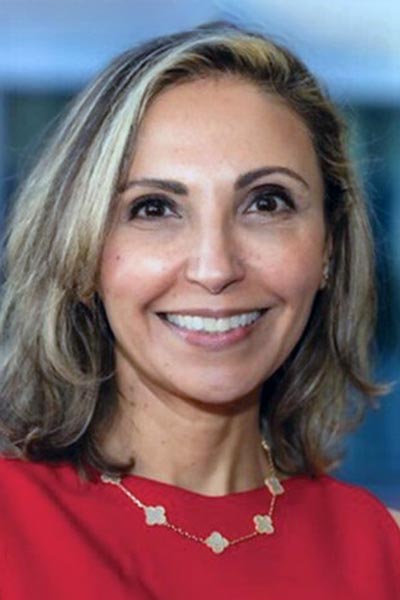
AHM01: Precursors to Hematologic Malignancies
Sunday, April 7, 1 – 2:30 p.m. PT
Room 15, Mezzanine Level, Convention Center
Session Chair: Irene M. Ghobrial, MD, Dana-Farber Cancer Institute
This session will feature the latest insights into precursor conditions that may develop into blood cancers, including clonal haematopoiesis that can transform into myeloid cancer and monoclonal B-cell lymphocytosis that may develop into lymphoid cancer. Presenters will also examine the promise of early detection and interception in myeloma.
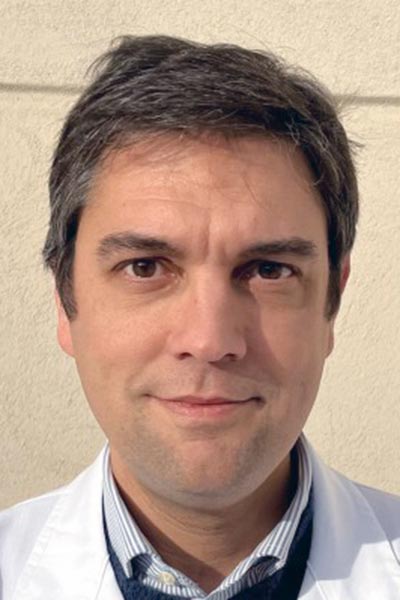
AHM06: Relapse after Allogeneic Bone Marrow Transplant
Monday, April 8, 10:15 – 11:45 a.m. PT
Room 15, Mezzanine Level, Convention Center
Session Chair: Luca Vago, MD, PhD, IRCCS Ospedale San Raffaele, Milan, Italy
An international panel of experts will explore the most up-to-date understanding of the benefits and complications associated with allogeneic stem cell transplantation, with a particular focus on the factors affecting relapse after the procedure.
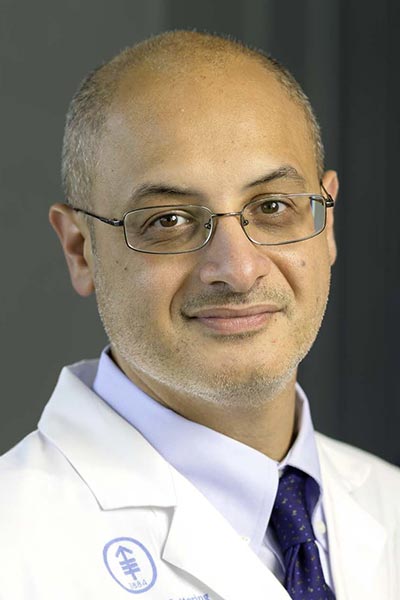
AHM04: Ongoing Advances in the Understanding and Treatment of Acute Myeloid Leukemia
Monday, April 8, 12:30 – 2 p.m. PT
Room 14, Mezzanine Level, Convention Center
Session Chair: Omar Abdel-Wahab, MD, Memorial Sloan Kettering Cancer Center
Following nearly five decades with few approved therapies for patients with acute myeloid leukemia (AML), the last seven years have brought stellar progress with the U.S. FDA approving 12 new therapies for AML patients. Despite this progress, targeted therapeutic approaches for many frequent molecular subtypes of AML are lacking and developing immunotherapeutic approaches for AML has been challenging.
This session will present exciting research aimed at overcoming these barriers to AML therapy. Presenters will review current strategies for AML with a focus on increasingly individualized treatment options and present state-of-the-art gene editing approaches to develop novel cellular immunotherapies for patients with AML. Speakers will also discuss novel cell surface targets to effectively discriminate malignant from normal cells in patients with myeloid neoplasms, and the session will conclude with research on pre-leukemic stem cells and approaches to correct somatic mutations in AML to assess impact on leukemia stem cells.
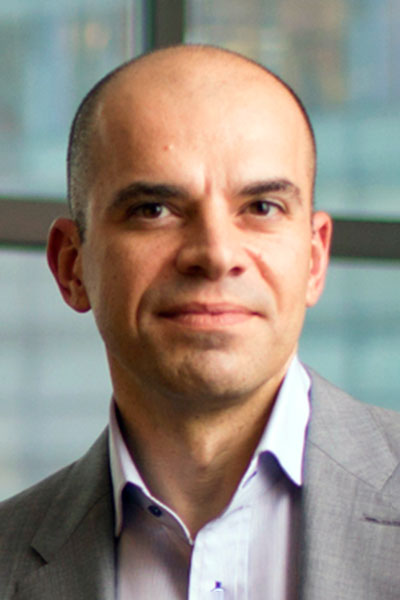
AHM02: Immune Microenvironment in Hematologic Malignancies
Tuesday, April 9, 10:15 – 11:45 a.m. PT
Room 15, Mezzanine Level, Convention Center
Session Chair: Iannis Aifantis, PhD, NYU Langone Health
This session will include presentations on mapping the tumor-immune system interactions in myeloid leukemia, immune dysfunction in myelodysplastic syndrome at disease initiation and progression, and pathogenic interactions in the immune microenvironment of myeloproliferative neoplasms.
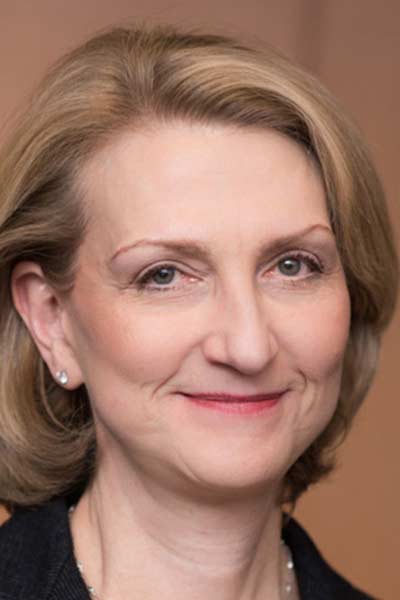
AHM05: Dissecting the Heterogeneity of Lymphoid Malignancies to Improve Precision Therapy
Tuesday, April 9, 12:30 – 2 p.m. PT
Room 14, Mezzanine Level, Convention Center
Session Chair: Margaret A. Shipp, MD, FAACR, Dana-Farber Cancer Institute
This session will examine recent advances in the analyses of genetic, biological and spatial heterogeneity in three common lymphoid malignancies. Speakers will cover critical aspects of the heterogeneity in diffuse large B-cell lymphoma and describe how recent single-cell studies provide new insights into the intratumor heterogeneity of DLBCL beyond the Cell of Origin, with major opportunities for predicting therapy response and improving precision medicine approaches. Attendees will hear insights into the biological heterogeneity of the most common indolent lymphoma, follicular lymphoma, enabled by technological advances in bulk and single-cell characterization, and review potential routes to translate these findings into clinical applications such as risk stratification, therapy selection, and disease monitoring. Presentations will also discuss new insights into the biological heterogeneity and genetic bases of immune evasion in Hodgkin lymphoma, associated immunotherapeutic strategies in relapsed/refractory and newly diagnosed disease, and mechanisms of response and resistance to these treatments.
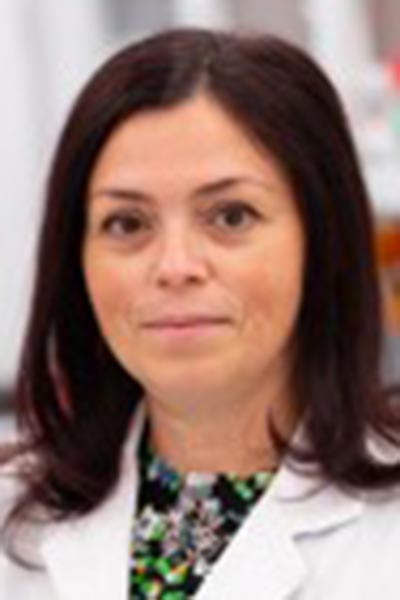
AHM03: Understanding the Mechanisms of Resistance to Immunotherapeutic Approaches in Multiple Myeloma
Wednesday, April 10, 10:15 – 11:45 a.m. PT
Room 33, Upper Level, Convention Center
Session Chair: Paola Neri, MD, PhD, University of Calgary, Calgary, AB, Canada
Immunotherapy has revolutionized the treatment of multiple myeloma (MM) providing new treatment options (IMiDs/CELMoD, CAR T and TCE) and unprecedented efficacy in patients with advanced disease. Nevertheless resistance to this class of drugs invariably emerges.
This session will review the escape mechanisms associated with these variable immunotherapeutic approaches and discuss how to overcome them and improve MM patients’ survival.
More from the AACR Annual Meeting 2025
View a photo gallery of scenes from Chicago, continue the conversation on social media using the hashtag #AACR25, and read more coverage in AACR Annual Meeting News.

